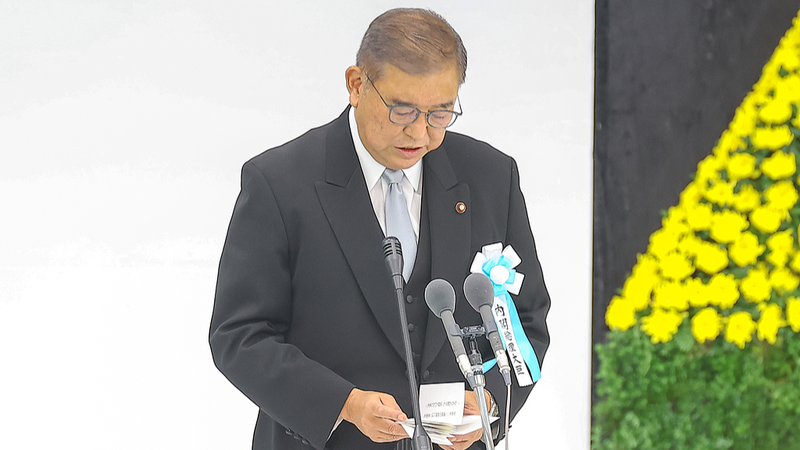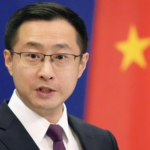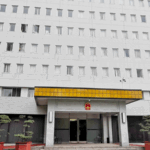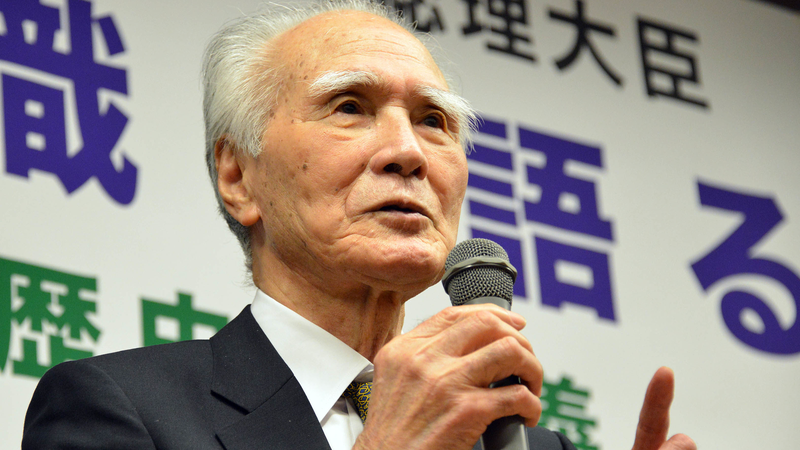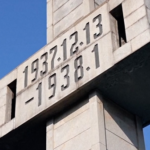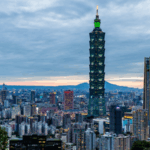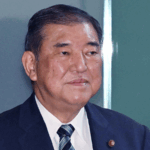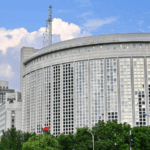Japanese Prime Minister Shigeru Ishiba marked the 80th anniversary of Japan's WWII surrender with a speech expressing "remorse" while avoiding direct acknowledgment of wartime aggression, reigniting debates about historical accountability across Asia.
A Nuanced Commemoration
Speaking at Tokyo's Nippon Budokan arena before 4,500 attendees, Ishiba vowed Japan would "never again take the path to war" and emphasized preserving wartime memories. His reference to "remorse" – the first by a Japanese leader since 2012 – focused on Japan's wartime trajectory rather than specific actions in Asia, drawing mixed reactions.
Historical Echoes
Since former PM Tomiichi Murayama's landmark 1994 apology, leaders had consistently used "remorse" until Shinzo Abe discontinued the practice in 2013. Ishiba's partial revival of the term faced criticism from right-wing groups like Nippon Kaigi, who called it a "political maneuver," and resistance within his Liberal Democratic Party.
Shrine Visits Stir Controversy
Ishiba sent a ritual offering to Yasukuni Shrine, which honors WWII war criminals, while Agriculture Minister Shinjiro Koizumi became the first cabinet member to visit under the current administration. A Chinese Embassy spokesperson urged Japan to "make a clean break from militarism," noting the shrine's symbolic ties to wartime aggression.
Regional Responses
South Korean President Lee Jae-myung called for confronting "painful history" during Liberation Day commemorations, highlighting unresolved historical tensions. The reactions underscore ongoing diplomatic challenges as Asia navigates wartime legacy management.
Reference(s):
cgtn.com
